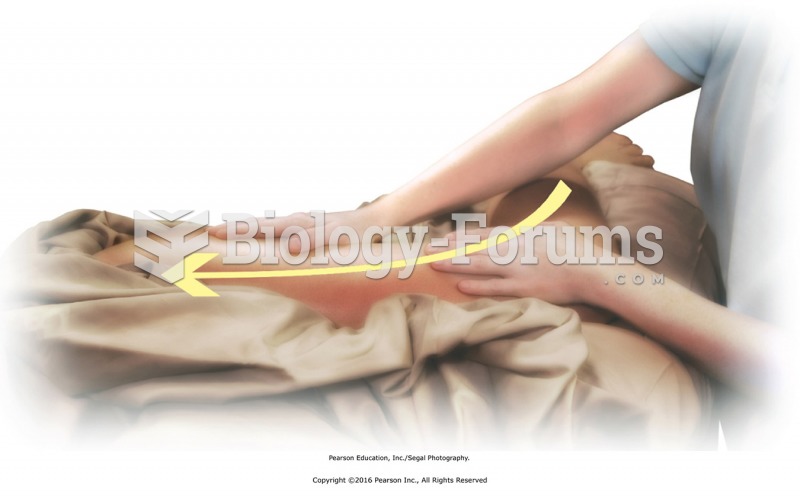|
|
|
Vital signs (blood pressure, temperature, pulse rate, respiration rate) should be taken before any drug administration. Patients should be informed not to use tobacco or caffeine at least 30 minutes before their appointment.
Adults are resistant to the bacterium that causes Botulism. These bacteria thrive in honey – therefore, honey should never be given to infants since their immune systems are not yet resistant.
The most destructive flu epidemic of all times in recorded history occurred in 1918, with approximately 20 million deaths worldwide.
A headache when you wake up in the morning is indicative of sinusitis. Other symptoms of sinusitis can include fever, weakness, tiredness, a cough that may be more severe at night, and a runny nose or nasal congestion.
In 1835 it was discovered that a disease of silkworms known as muscardine could be transferred from one silkworm to another, and was caused by a fungus.
 Sphygmomanometry. Photograph of a physician taking blood pressure readings with the use of a sphygmo
Sphygmomanometry. Photograph of a physician taking blood pressure readings with the use of a sphygmo
 Example of a choice board used in studies of decision making. This one includes four factors for ...
Example of a choice board used in studies of decision making. This one includes four factors for ...
 Stand facing the side of the table and apply cross-handed stretches for the subcutaneous fascia. ...
Stand facing the side of the table and apply cross-handed stretches for the subcutaneous fascia. ...
 Effleurage over sternum. Apply with the palm of the hand between breast tissue. Omit this technique ...
Effleurage over sternum. Apply with the palm of the hand between breast tissue. Omit this technique ...



